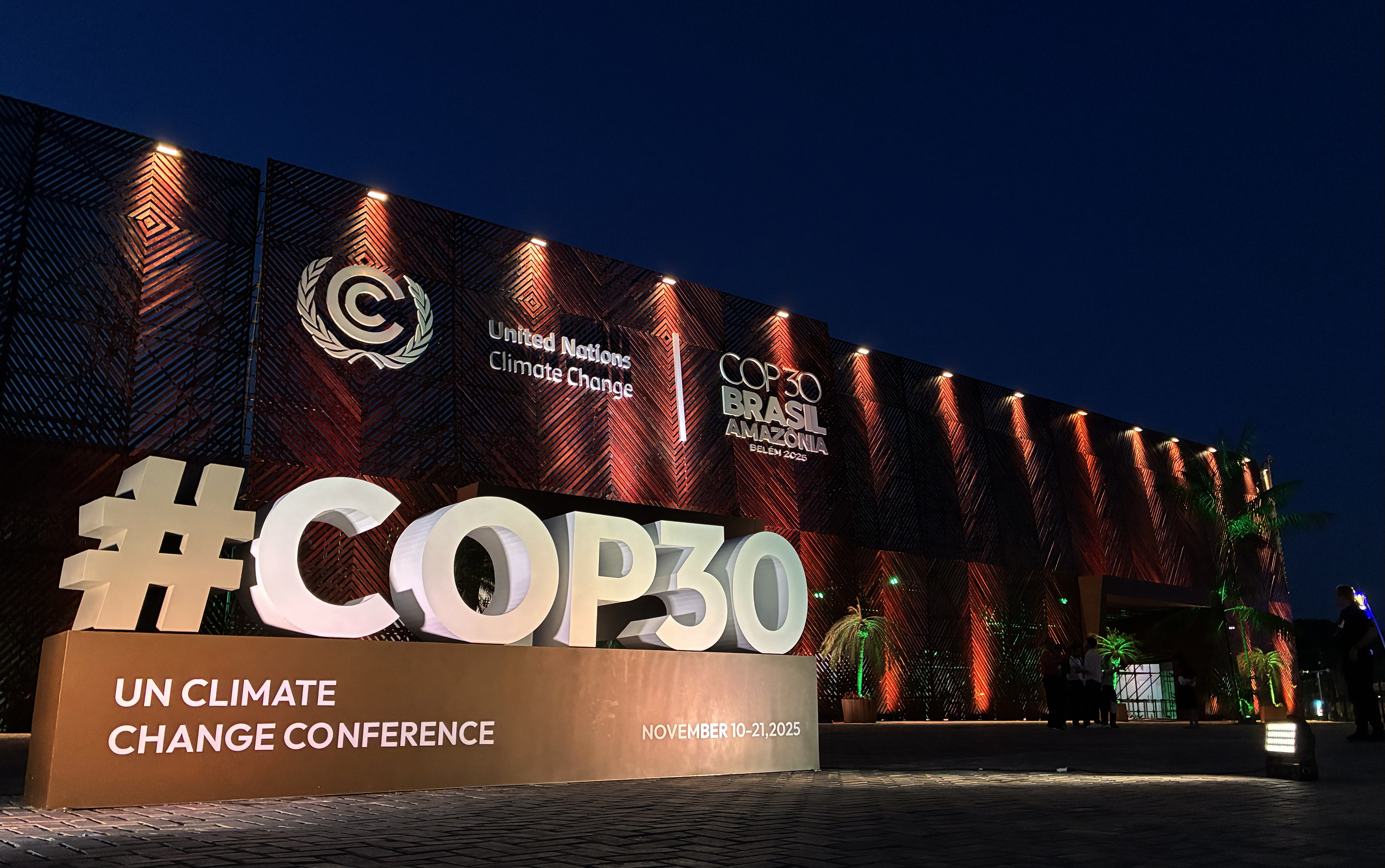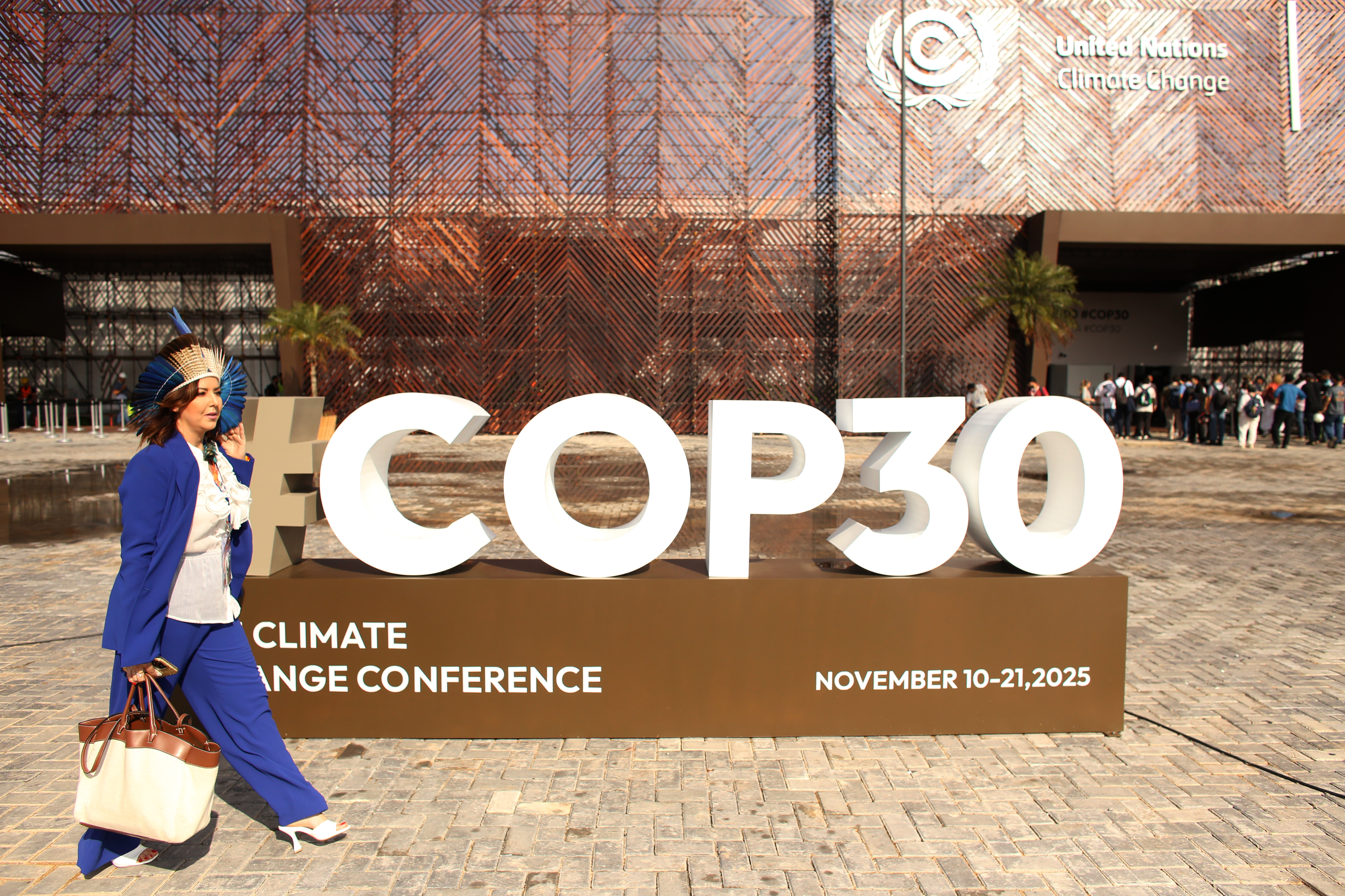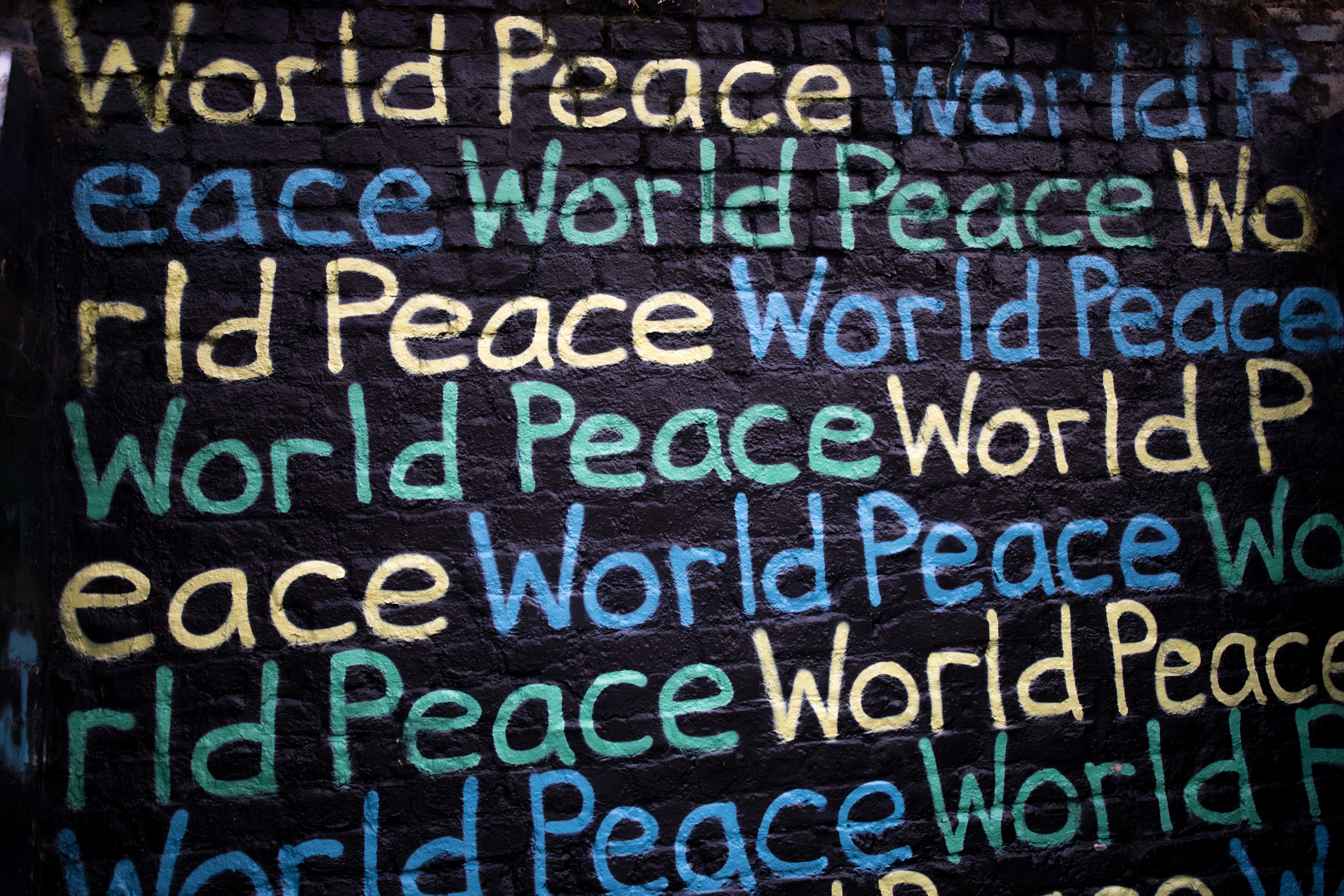Global issues are inextricably linked to the United Nations' Sustainable Development Goals (SDGs). Established in 2015, the SDGs provide a universal blueprint for peace and prosperity for people and the planet, now and into the future. They encompass a wide array of global challenges, such as poverty, inequality, climate change, environmental degradation, peace and justice, among others, making them a comprehensive framework for international cooperation and action. Each SDG is further divided into specific targets, which are designed to address these challenges at multiple levels.
One of the fundamental principles of the SDGs is that they are interconnected; solving one issue often contributes to resolving others. For example, tackling poverty (SDG 1) can help reduce hunger (SDG 2) and improve health and well-being (SDG 3). Similarly, pursuing quality education (SDG 4) can empower women (SDG 5), and create decent work and economic growth (SDG 8). In turn, these efforts can contribute to reduced inequalities (SDG 10) and promote peace, justice and strong institutions (SDG 16).
In the era of globalization, the role of international cooperation in achieving the SDGs is crucial. The global nature of many contemporary challenges, such as climate change or the COVID-19 pandemic, necessitates that nations work together to address these issues. As such, the SDGs provide a shared global agenda that transcends national borders and brings together diverse stakeholders, including governments, civil society, the private sector, and individuals.
While the SDGs provide the framework for global action, they also have implications for local and national contexts. Countries, regions, and cities are encouraged to tailor the global SDGs to their own contexts, developing local strategies and initiatives to achieve these goals. By addressing global issues at both global and local scales, the SDGs promote a multilevel, integrated approach to sustainable development.
Overall, the relationship between global issues and the SDGs is one of mutual influence and interdependence. The SDGs reflect the urgent need to address global challenges, while also providing a pathway towards solutions. They are a testament to the power of international cooperation and the potential for collective action to create a more sustainable, equitable, and prosperous world.
The 30th Conference of the Parties (COP30) to the UN Framework Convention on Climate Change (UNFCCC) took place in Belém, Brazil, bringing together governments and stakeholders for the UN’s annual climate negotiations. This article, provided by LexisNexis UK Practical Guidance, offers a day-by-day overview of the key insights, decisions and developments from the Summit.
In this article, Estelle Dehon KC of Cornerstone Barristers examines seven key takeaways from COP30 and what they signal going forward.
This article is a review of the global commitments to ending hunger and achieving SDG2 by 2030, analisesthe rhetoric, actionable plans, financing, and accountability mechanisms. Strengthening global governance and institutionalizing monitoring of commitments are essential to translate these declarations into effective national policies.
International Day of Peace 2026: Advancing Peace Through the SDGs
Observed on Sunday, September 21, 2026, the International Day of Peace commemorates the founding ideals of the United Nations: to promote peace, end conflict, and foster global cooperation. Each year on this day, individuals and nations are reminded of the importance of building a world free from violence and inequality.



